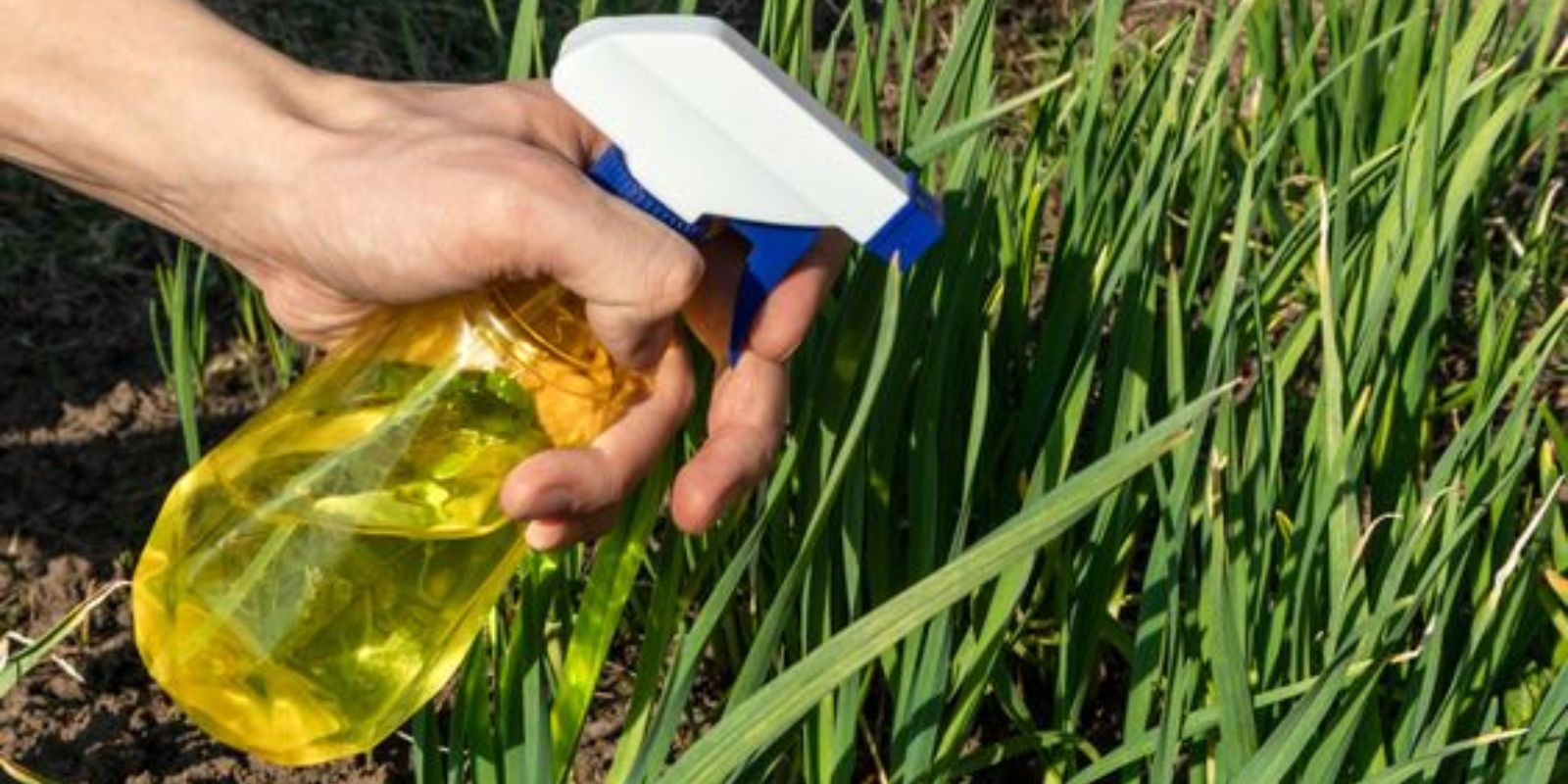Introduction
Maintaining a healthy garden often means dealing with pests such as aphids, snails, and slugs. While many gardeners turn to chemical pesticides to address these issues, a more natural and eco-friendly alternative is readily available in most households. Baking soda, a common kitchen staple, can serve as an effective insecticide without the use of harsh chemicals. In this article, we’ll explore how baking soda can be used to tackle garden pests, ensuring a thriving and environmentally friendly garden.
Understanding the Benefits of Baking Soda
Baking soda, chemically known as sodium bicarbonate, is a versatile ingredient with a range of uses. Beyond its role in baking and cleaning, it has notable pest-repellent properties. Its mild alkaline nature disrupts the physiology of pests, making it a safe yet potent solution for gardeners seeking to avoid chemical treatments.
- Aphid Control with Baking Soda Aphids are small, sap-sucking insects that can cause significant damage to plants by stunting growth and transmitting diseases. Here’s how you can use baking soda to combat these pests: Ingredients:
- 1 tablespoon of baking soda
- 1 quart of water Instructions:
- Mix the Solution: In a clean spray bottle, dissolve 1 tablespoon of baking soda in 1 quart of water. Stir well until the baking soda is fully dissolved.
- Application: Spray the solution directly onto affected plants. Pay special attention to the undersides of leaves where aphids tend to hide. Ensure the solution covers the entire surface.
- Frequency: Apply the baking soda solution every few days or after rain. This ensures continuous protection and helps to control aphid populations effectively.
- Snail and Slug Control with Baking Soda Snails and slugs are notorious for their destructive feeding habits, which can leave unsightly holes in leaves and stems. Baking soda can be used to deter these slimy pests: Ingredients:
- 1/4 cup of baking soda
- 1 cup of water Instructions:
- Prepare the Solution: Mix 1/4 cup of baking soda with 1 cup of water, stirring until the baking soda is completely dissolved.
- Application: Pour the solution around the base of plants or directly onto visible snails and slugs. The solution will create a barrier that repels these pests.
- Reapplication: Reapply after heavy rain or as needed to maintain effectiveness. Check the garden regularly and address any new infestations promptly.
- Other Uses of Baking Soda in the Garden In addition to controlling pests, baking soda can be beneficial in various other gardening scenarios:
- Fungal Disease Prevention: Baking soda can help prevent and manage fungal diseases such as powdery mildew. Mix 1 tablespoon of baking soda with 1 quart of water and apply to affected plants.
- Soil Amendment: Baking soda can be used to adjust soil pH levels. It’s particularly useful for reducing acidity in the soil, which can improve plant health and nutrient uptake.
- Deodorizing and Cleaning: Use baking soda to neutralize odors in compost bins and clean garden tools effectively.
- Safety and Environmental Impact One of the major advantages of using baking soda is its safety and minimal environmental impact. Unlike chemical pesticides, baking soda is non-toxic to humans, pets, and beneficial insects when used properly. It does not persist in the environment, making it an excellent choice for sustainable gardening. Tips for Safe Use:
- Test Before Full Application: Test the solution on a small area of the plant to ensure it doesn’t cause any adverse reactions.
- Avoid Overuse: Excessive application of baking soda can alter soil pH and impact plant health. Use as directed and monitor plant responses.
- Combine with Other Practices: Integrate baking soda use with other pest management techniques, such as physical barriers and beneficial insects, for a comprehensive approach.
- Success Stories and Examples Many gardeners have successfully used baking soda to manage pest problems. For instance, a community garden in Oregon reported a significant reduction in aphid populations after implementing a baking soda solution. Similarly, gardeners in California found that using baking soda around their vegetable beds effectively kept snails and slugs at bay, resulting in healthier plants and higher yields. Case Study:
- Garden: A home vegetable garden in Florida
- Issue: Persistent aphid infestation
- Solution: Regular application of baking soda solution
- Outcome: Noticeable decrease in aphid numbers, improved plant health, and no adverse effects on plants
Conclusion
Baking soda offers a simple, effective, and environmentally friendly solution for managing common garden pests such as aphids, snails, and slugs. By incorporating this household ingredient into your pest control routine, you can enjoy a thriving garden without relying on chemical pesticides. Whether you’re dealing with a small backyard garden or a larger plot, baking soda provides a cost-effective and safe alternative to traditional pest control methods. Embrace the power of baking soda and watch your garden flourish with fewer pests and healthier plants.
Motivational Sentence: Discover the power of baking soda and transform your garden into a pest-free paradise, all while staying eco-friendly and budget-conscious! 🌿✨

